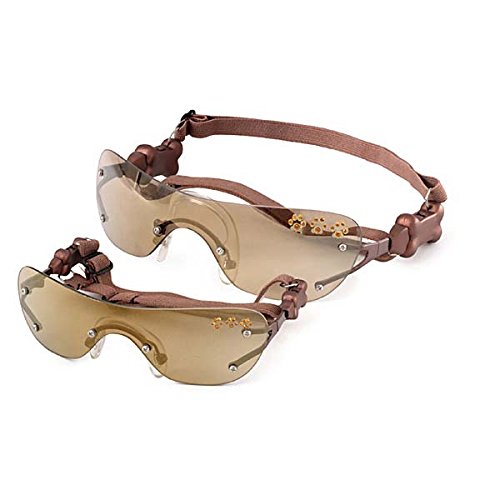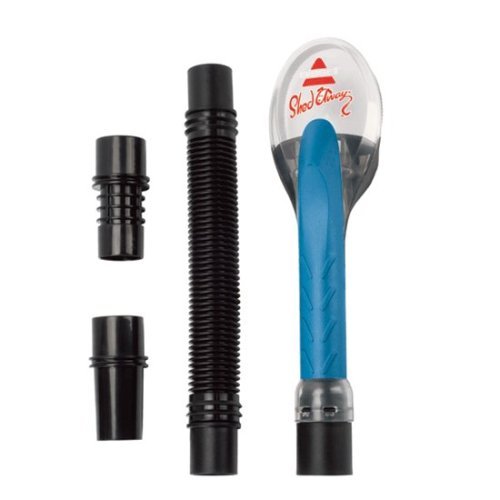
“Probiotics” is a general term used to describe bacteria or yeast that may potentially be beneficial to health when supplemented in the diet. Most probiotics used for humans and animals are normal inhabitants of the gut and they are often lactic acid bacteria. Other strains of probiotics are used to temporarily colonize the gut and quickly disappear as soon as supplementation ceases.
The gut can be viewed as an entire ecosystem by itself, with indigenous microorganisms existing throughout the G.I. tract, known as gut microflora. When ingested, probiotic microorganisms exert their beneficial properties by establishing or maintaining a healthy balance of gut microflora. The flourishing of beneficial microflora out-competes harmful organisms. This results in optimum health and functionality. However, many situations can cause the gut microflora to be thrown out of balance resulting in ill-effects. These situations include: periods of stress; antibiotic treatments; changing of diet, etc. Thus it is important for the gut to reestablish or maintain normal microflora to prevent disease. For this reason, the use of probiotics is a hot topic in the health and food industry.
Although there is much research in the field of probiotics in various species, comparisons can be drawn that the benefits for probiotics are numerous. This suggests that probiotics are probably highly beneficial to domestic cat and dog species, too. In dogs, probiotics have been shown to function to aid in digestion and can reduce or eliminate food induced diarrhea, and there is suggestive research that probiotics are systemically beneficial to cats, Recent research has shown that a mixture of five Lactobacillus probiotic strains reduced salmonella poisoning in pigs. In addition, the use of probiotics also reduced colitis in weanling rats. Probiotics have also been shown to influence the immune system and may prevent food allergies/hypersensitivity or alleviate inflammatory bowel disease.
However, the gut microflora differs between species of animals mainly because of the difference in dietary needs. There are many pet foods or pet products on the market that boast about probiotics in the contents. In actuality, few products have probiotics that survive the manufacturing process, or they may survive too poorly to be effective. The labels may also be misrepresented and quality control seems to be poor in many of these veterinary preparations.
Although commercial yoghurt has specific and limited strains of probiotics, yoghurt is an inexpensive and effective way to supplement probiotics to your dog or cat. It is not uncommon for veterinarians to prescribe the use of probiotics in therapy, especially with gastrointestinal problems. There is also growing evidence that probiotic treatments are especially beneficial for weanling animals because of the early establishment of healthy microflora.
As a pet owner, you may decide to supplement the diet of your dog or cat with yoghurt of commercially prepared probiotics. To be safe, it is advisable to first consult with your veterinarian. Always be discerning about the amount you feed your pet, but the next time you open a cup of yoghurt consider sharing a tablespoon or two with your beloved four-legged companion.
By Serene Lai – Pets.ca writer
 Dangers of “Free to Good Home” ads
Dangers of “Free to Good Hom
Dangers of “Free to Good Home” ads
Dangers of “Free to Good Hom
 Choosing A Good Dog Breeder: A Guide For How To Choose a Reputable Breeder
How To Choose a Reputable Dog Breeder
We at the dog guide w
Choosing A Good Dog Breeder: A Guide For How To Choose a Reputable Breeder
How To Choose a Reputable Dog Breeder
We at the dog guide w
 Cane Corso Breeder Interview Breeder Interview: Virginia Dunn Discusses The Great Italian Mastiff
Cane Corso Breeder Interview
The Dog Guide is pleased to p
Cane Corso Breeder Interview Breeder Interview: Virginia Dunn Discusses The Great Italian Mastiff
Cane Corso Breeder Interview
The Dog Guide is pleased to p
 6 Things Your Dog Needs You to Know About Glaucoma in Dogs
We think of Glaucoma as a pe
6 Things Your Dog Needs You to Know About Glaucoma in Dogs
We think of Glaucoma as a pe
 Bissell Shed Away Review
Pets can get expensive and t
Bissell Shed Away Review
Pets can get expensive and t
Copyright © 2005-2016 Pet Information All Rights Reserved
Contact us: www162date@outlook.com